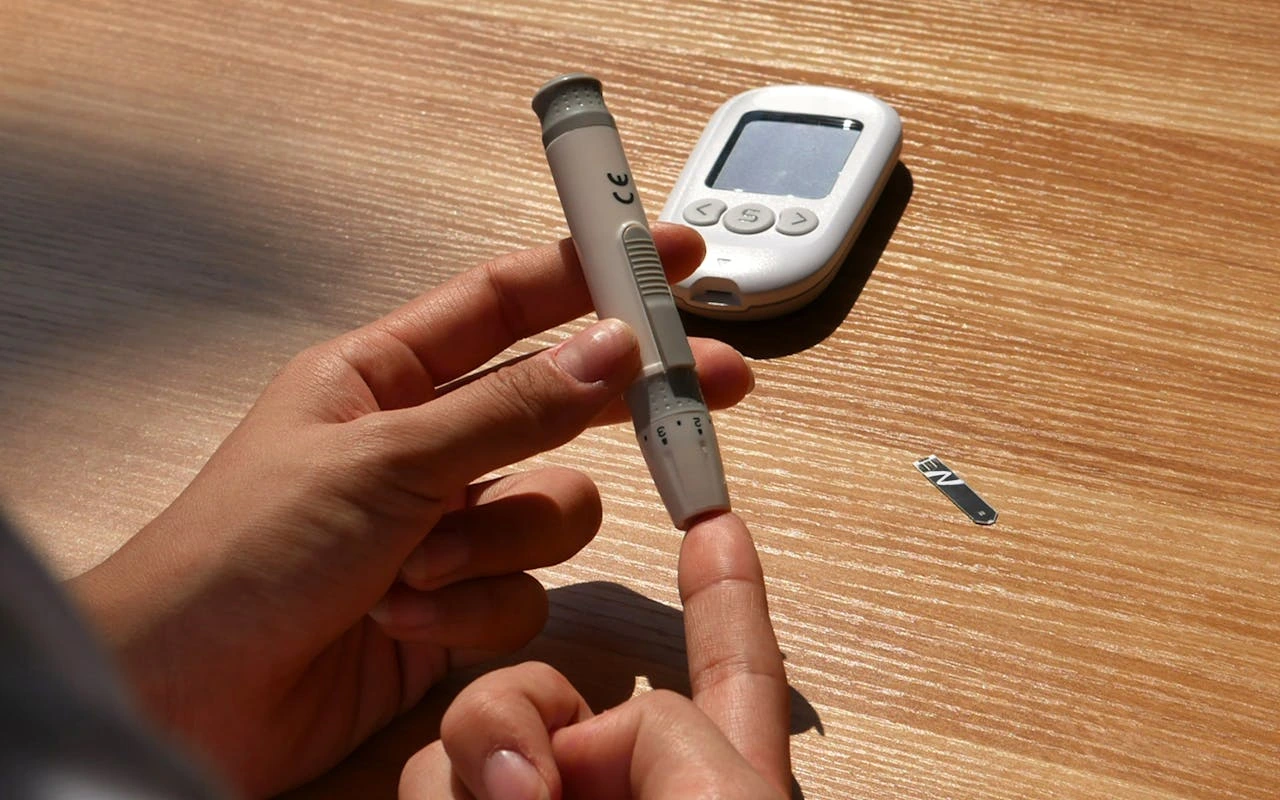
A new study published in Diabetic Medicine reveals that the standard NHS procedures for processing gestational diabetes blood sugar tests miss over 50% of cases. Gestational diabetes, if undiagnosed or untreated, can cause serious complications for both mother and baby, including preeclampsia for the mother and increased risks for the baby, such as breathing difficulties, low blood sugar, or even stillbirth. These risks can be reduced with timely diagnosis and intervention during pregnancy.
The study, led by Professor Claire Meek from the University of Leicester and researchers from the University of Cambridge, found that faster processing of blood sugar tests could improve the diagnosis of this condition. The research was funded by the National Institute for Health and Care Research (NIHR).
A new, world-first at-home oral glucose tolerance test (OGTT), developed by British company Digostics, is designed to overcome the delays and inaccuracies associated with standard hospital-based testing. The Digostics GTT@home test processes blood sugar samples immediately and shares results directly with the requesting antenatal care team for diagnosis and clinical review. This solution addresses the issues of delayed sample processing identified by Professor Meek’s study and is already in use by several NHS trusts.
In the study, 9% of women were diagnosed with gestational diabetes using standard NHS processing. However, when blood was processed more quickly, 22% of women were diagnosed, a difference of 13%. Without faster processing, more than half of those with gestational diabetes would have gone undiagnosed.
Professor Meek emphasized the importance of accurate diagnosis for preventing complications in both mothers and babies. “Gestational diabetes is common in the UK and can lead to serious birth complications,” she said. “Accurate diagnosis allows for timely treatment and intervention, preventing most complications.”
The Digostics GTT@home test not only avoids the false negative results identified in the study but is also more convenient and accessible for patients. Since the test must be done in the morning, traveling to a clinic can be challenging for some women who need to arrange childcare, take time off work, or manage transportation. At-home testing offers women the flexibility to take the test at a time that is most convenient for them. This is especially helpful for women from socioeconomically deprived groups, or those with mental health issues, who are less likely to attend clinic-based OGTT appointments.
James Jackson, Founder and CEO of Digostics, commented on the study’s findings, stating, “Professor Meek’s research shows that standard OGTT testing in the UK fails to diagnose many women with gestational diabetes. Without an accurate diagnosis, risks for mothers and babies remain unaddressed.”
The GTT@home test is identifying a higher rate of gestational diabetes compared to traditional tests and is making screening more accessible to underserved patient groups. The test is already in use across several NHS Trusts, with plans to expand its availability to more expectant mothers.
About Digostics
Digostics is a UK-based company focused on overcoming barriers to accurate diabetes testing, offering convenient and timely testing solutions using the gold standard oral glucose tolerance test (OGTT).




